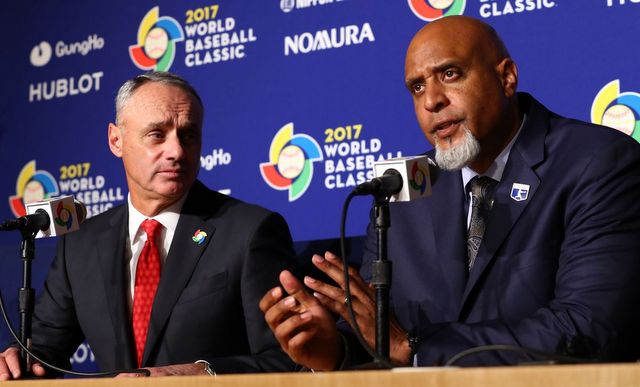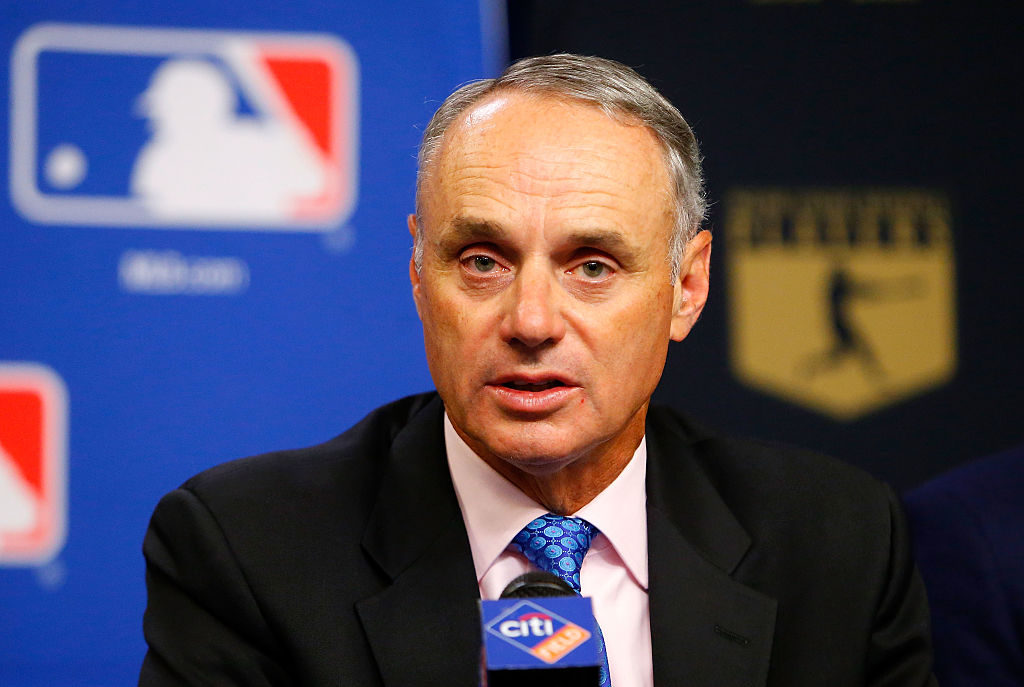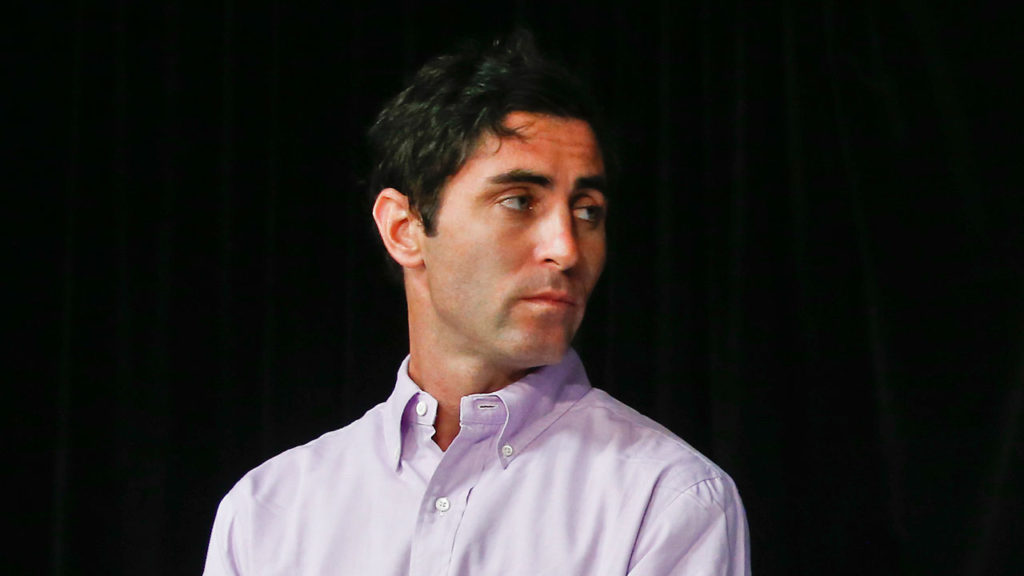Baseball Needs Tweaks, Not Major Surgery

Credit: Getty Images

Lost in the noise about the near frigid hot stove league and the potential destinations of Manny Machado and Bryce Harper, Major League Baseball Commissioner Rob Manfred continues to float ideas for rule changes.
He has reason to be somewhat concerned about the popularity of the sport he oversees. Average attendance has declined for the third year in a row, dipping below 30,000 for the for the first time since the early 2000s.
However, attendance numbers are only one way to gauge the popularity of leagues or teams.
Rain and extremely cold weather at the beginning and end of last season kept fans away. Winning teams like the Red Sox, Yankees, Dodgers filled their ballparks; losing teams didn’t. Fans aren’t fools, after all. Also, they have many more options for following their teams including the MLB At Bat App.
However, Manfred has been pushing for some fixes that change the very nature of the game rather than tweaks that could address issues like the pace of play.
Manfred and the Players Union have agreed to study these proposed these rule changes:
o Expanding the designated hitter to National League
o Changing service-time rules and allowing top rookies (that teams want to keep in the minors) to reach the major league faster and reach free agency sooner in their careers
o Requiring all pitchers to face at least three batters
o Changing to a single trade deadline before the All-Star break
o Utilizing a 20-second pitch clock
o Giving draft advantages to winning rather than losing teams
o Studying the implications of lowering the mound
Some of these ideas have gained traction with the Players’ Association especially making the designated hitter universal instead of just an American League practice. But this change would throw National League teams’ plans into disarray if enacted this season, so it won’t be considered for the 2019 season. Nor will changes be made to the amateur draft affecting service time.
One proposal which will definitely change the landscape of baseball would be to change a system that actually encourages losing, AKA tanking. Padres’ fans know from recent experience how demoralizing it can be to have three Rule-5 draftees and a cast of has-beens on the roster. The three-batter minimum for all pitchers would definitely change team strategies especially in the late innings. This kind of maneuvering has led to increased need and reward for relievers, so pitchers especially would not welcome this requirement
Manfred has been obsessed with time of game since he took over for Bud Selig in 2015. In 2018 the average time of game was 3.00 hours, down from 3.05 in 2017. Length of games has definitely increased over the life of the sport from lows of around two hours in the 1930s to 2.5 hours in the 1970s. Unfortunately, Manfred would not want to cut down on time “wasters” like commercials. But he should also acknowledge the attraction for many fans to the only sport in North America without a clock.

Pace of play, however, does need to be addressed. Some pitchers are notoriously slow to the plate (Ted Leitner calls these guys “human rain delays.”) A pitch clock would help eliminate some dead time. But what about obsessive batting glove adjustments by many hitters (a phenomenon that can be blamed on Nomar Garciaparra) or lengthy instant replays (another of Leitner’s pet peeves)?
Service time changes would be welcome by the union but may be complicated to enact. The union has suggested adding service time for performance including awards. The practice of holding players in the minors to delay free agency has become more even more fraught in light of the avalanche of research about the aging curve. Most players peak in their late 20s, but, thanks to arbitration rules, may not be rewarded in their prime.
A single trade deadline at the All-Star break would cut down on the drama and flurry of moves at the very end. Who can forget the last-minute trade of Justin Verlander from the Tigers to the Astros in 2017? Without him would the Astros have won it all? This potential change has not elicited as much response on one side or the other.
Lowering the mound may seem less controversial but actually could have serious ramifications for both hitters and pitchers. Until the late 1960s, the mound measured 15 inches higher than home plate. After the 1968 season (in which the combined ERA was 2.98), MLB lowered the mound to 10 inches. There is a school of thought that lowering the mound may save wear and tear on pitchers’ arms. At the same time, it could benefit hitters.
One big problem neither the union nor Manfred have focused on is the quality of umpires. In surveys and rankings of umpires, the same names show up time and time again as problem children including Bill Miller, Angel Hernandez, C.B. Bucknor, Joe West, and Bob Davidson. Cleaning house would allow fans to focus on the players rather than lousy umpiring.
While these ideas for changes float around, pitchers and catchers have reported to spring camps. Potential team mates however sit at home wondering where (or even if) they’ll be playing. In the past, the activity during the hiatus between the World Series and spring training has kept fans interested. This second cold stove offseason has achieved the opposite effect of turning fans off. Everyone involved would be wise to guarantee that this kind of inaction does not occur again.
Each of the proposed changes deserves discussion. However, the sky is not falling. A sport with gross revenues that increased for the 16th year in a row to $10.3 billion should probably not make drastic changes.
Baseball has been a part of Diane’s life since her father played professionally (mostly at the minor league level). She has written for a number of publications and concentrated on companion animal welfare. She welcomes the opportunity to write about the sport she loves. Diane shares her home with her husband and a house full of rescued animals.
Another fine article Diane. As an NL traditionalist, I am not in favor of most of these proposed changes. There is already a pitch clock, but I have yet to see it enforced. Seems that the biggest delay I notice these days is the replay review. It seems to be adding about 10 – 20 minutes per game
Hello Paul, I have never liked the DH, but I’m trying not to get used to the idea…
Thanks as always,
Diane